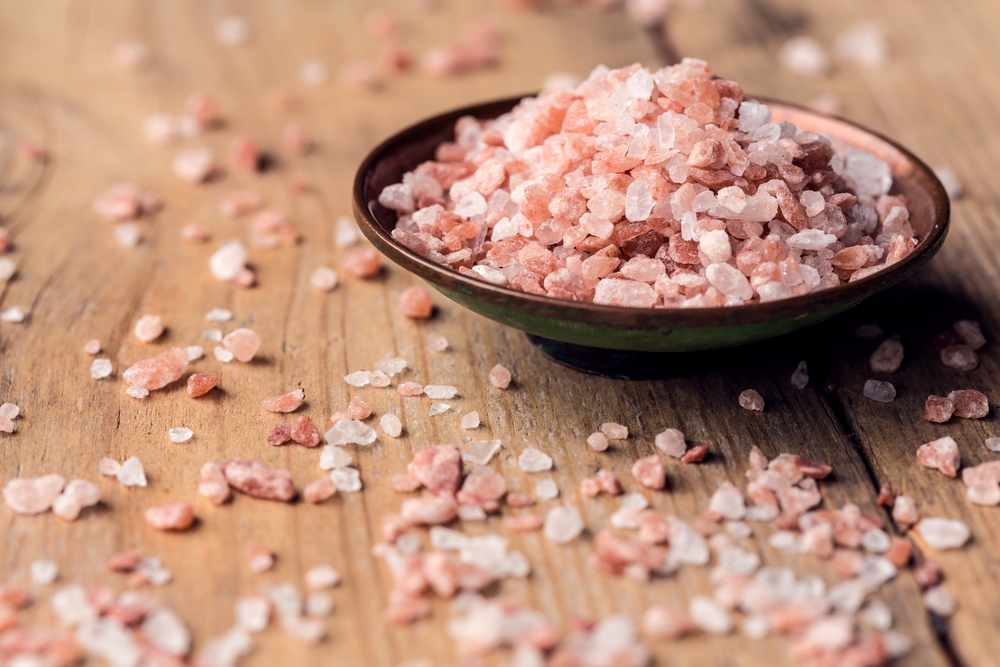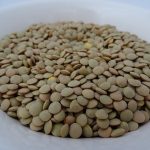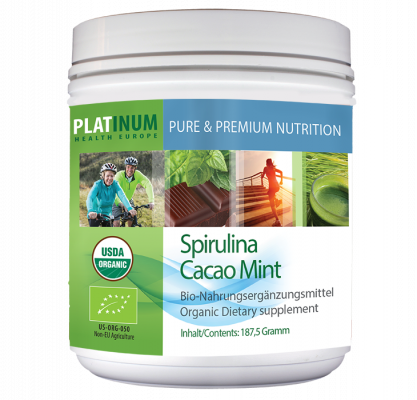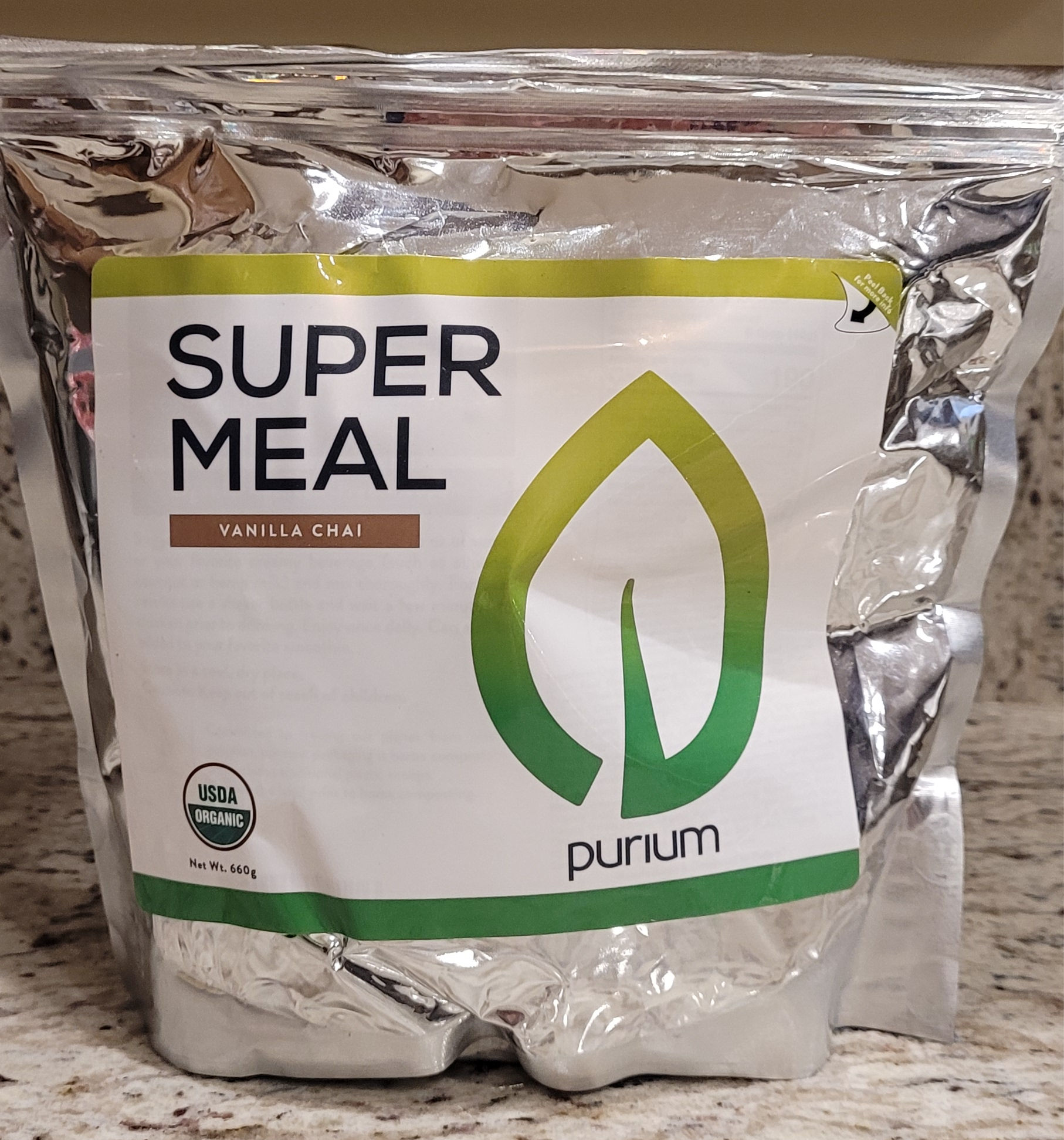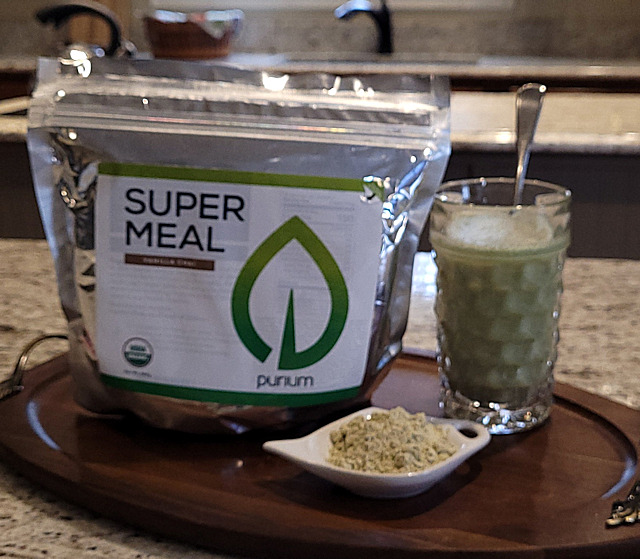Copper is a trace mineral that plays a vital role in various physiological processes within the human body. It is an essential micronutrient, meaning it is required in small amounts for proper functioning. Here are key aspects of copper:
- Enzymatic Reactions: Copper serves as a cofactor for numerous enzymes, facilitating their activity in essential biochemical reactions. These enzymes are involved in processes such as energy production, iron metabolism, and the formation of connective tissues.
- Iron Metabolism: Copper is crucial for the absorption, transport, and utilization of iron in the body. It is involved in the conversion of iron into a form that can be transported in the bloodstream.
- Connective Tissue Formation: Copper is necessary for the synthesis of collagen, a structural protein that forms the basis of connective tissues, including skin, blood vessels, bones, and tendons.
- Neurotransmitter Synthesis: Copper plays a role in the synthesis of neurotransmitters, such as norepinephrine and dopamine. These chemicals are important for nerve signaling and mood regulation.
- Antioxidant Activity: Copper is involved in the function of superoxide dismutase, an antioxidant enzyme that helps neutralize harmful free radicals in the body, protecting cells from oxidative damage.
- Immune System Support: Copper is essential for the proper functioning of the immune system. It contributes to the activity of immune cells and the production of antibodies.
- Bone Health: While the exact mechanisms are not fully understood, copper is believed to play a role in bone formation and maintenance. It interacts with other minerals like zinc and calcium to support overall bone health.
Sources of copper in the diet include:
- Seafood: Shellfish, such as oysters, crabs, and lobster, are rich sources of copper.
- Nuts and Seeds: Cashews, sunflower seeds, and almonds contain copper.
- Whole Grains: Foods like whole wheat, oats, and barley provide copper.
- Legumes: Lentils, chickpeas, and beans are good sources of copper.
- Organ Meats: Liver, particularly beef liver, is a concentrated source of copper.
- Chocolate: Dark chocolate contains copper in smaller amounts.
Maintaining an adequate intake of copper through a balanced diet is important for overall health. However, excessive intake of copper can lead to toxicity, so it’s essential to meet recommended dietary levels. As always, consulting with healthcare professionals or nutritionists can provide personalized advice based on individual health needs.
Purium Products that Contain Copper:
Iron Needs Copper
Copper plays a crucial role in iron metabolism, and its presence is essential for the proper absorption, transport, and utilization of iron in the body. Here’s how copper contributes to iron metabolism:
- Iron Absorption: Copper is involved in the absorption of dietary iron in the small intestine. It facilitates the conversion of iron from its non-absorbable form (ferric) to its absorbable form (ferrous). This conversion is necessary for iron to be effectively absorbed into the bloodstream.
- Transport of Iron: Once absorbed, iron needs to be transported in the bloodstream to various tissues and organs where it is required. Copper is a cofactor for ceruloplasmin, a protein that plays a key role in the transport of iron in the blood. Ceruloplasmin binds to iron and helps ensure its safe and effective distribution throughout the body.
- Iron Utilization in Cells: Inside cells, copper participates in the synthesis of heme, a component of hemoglobin. Hemoglobin is the protein in red blood cells that binds with oxygen, allowing for its transport from the lungs to tissues throughout the body. Copper-containing enzymes are involved in the final steps of heme synthesis.
- Preventing Iron Overload: Copper also helps regulate iron levels in the body by preventing excess iron accumulation. Proper copper function ensures a balance between iron absorption, transport, and utilization, preventing iron overload, which can be harmful.
In summary, copper acts as a facilitator in the complex process of iron metabolism. Its involvement in the absorption, transport, and utilization of iron is crucial for maintaining optimal iron levels in the body. This partnership between copper and iron is essential for various physiological functions, including the production of hemoglobin, oxygen transport, and the prevention of iron-related disorders. Ensuring an adequate intake of both copper and iron through a balanced diet is important for overall health and well-being.
Why are trace minerals important?
Trace minerals, though required by the body in relatively small amounts, play essential roles in various physiological functions, and their importance cannot be overstated. Here are key reasons why trace minerals are crucial for health:
- Enzyme Cofactors: Many trace minerals serve as cofactors for enzymes. Enzymes are proteins that catalyze biochemical reactions in the body. Without these trace mineral cofactors, many essential enzymatic reactions would be impaired or non-functional.
- Cellular Function: Trace minerals are integral to the structure and function of cells. They contribute to the stability of cell membranes, cellular signaling, and the regulation of cell growth and division.
- Energy Metabolism: Several trace minerals are involved in energy metabolism. They participate in processes that convert food into energy, making them essential for overall metabolic health.
- Bone Health: Some trace minerals, including copper, zinc, and manganese, contribute to bone formation and maintenance. They are crucial for the synthesis of bone matrix components.
- Immune System Support: Certain trace minerals, such as zinc and selenium, play key roles in supporting the immune system. They are involved in the production and function of immune cells and help the body defend against infections.
- Antioxidant Defense: Trace minerals like selenium, copper, and manganese are components of antioxidant enzymes. These enzymes help neutralize free radicals, protecting cells from oxidative damage.
- Blood Clotting: Trace minerals such as calcium and copper are involved in blood clotting processes. They play roles in the formation of clotting factors, essential for wound healing and preventing excessive bleeding.
- Hormone Regulation: Trace minerals contribute to the synthesis and activity of hormones. For example, iodine is essential for the production of thyroid hormones, which regulate metabolism.
- Neurotransmitter Synthesis: Some trace minerals, including copper and zinc, are involved in the synthesis of neurotransmitters. These chemicals play critical roles in nerve signaling and brain function.
- DNA Synthesis and Repair: Trace minerals participate in DNA synthesis and repair processes, contributing to the maintenance of genetic stability.
While the body requires trace minerals in smaller amounts compared to macrominerals, their absence or deficiency can lead to various health problems. Obtaining these minerals through a balanced and varied diet is essential for overall well-being. As with any nutrients, maintaining the right balance is key, as excesses or deficiencies can have adverse effects on health.
Copper is a necessary trace mineral that helps you metabolize iron! #HealthSurgeon
Sources:
https://ods.od.nih.gov/factsheets/Copper-HealthProfessional/#:~:text=Copper%20deficiency%20is%20uncommon%20in,1%2C17%2C18%5D.
https://www.mountsinai.org/health-library/supplement/copper#:~:text=It%20helps%20your%20body%20make,can%20damage%20cells%20and%20DNA.
https://medlineplus.gov/minerals.html#:~:text=There%20are%20two%20kinds%20of,%2C%20potassium%2C%20chloride%20and%20sulfur.




